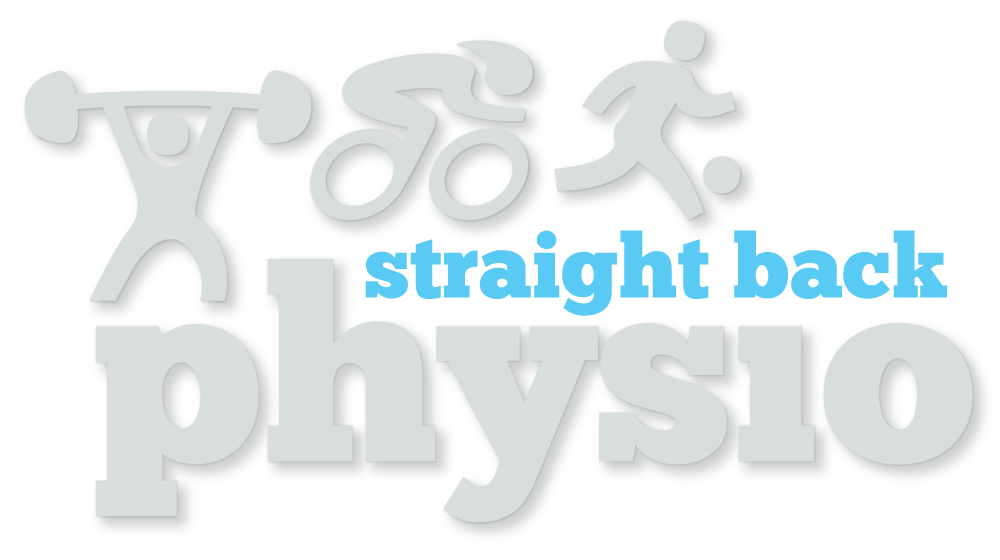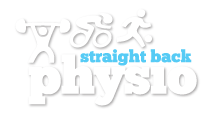Neck pain physiotherapy in Cheltenham
Physiotherapy is a highly effective form of treatment for neck pain, whether it’s from an injury, operation, or wear and tear. By providing relief from neck pain, improving mobility, and addressing the underlying causes of the pain, you can achieve long-term recovery results.
We successfully treat a range of neck issues including: those caused by poor posture or overuse; those caused by injury, such as whiplash, a fall, or a contact sports collision; cervical osteoarthritis, also called cervical spondylosis; cervical herniated disc (also known as a slipped disc), cervical radiculopathy, or a pinched nerve; disease - meningitis or cancer can cause neck pain; as well as post-operative issues.
We’ll identify the root cause and provide relief from your neck pain by developing tailored treatment plans to address your individual needs, promoting healing and help prevent you from future injury.

causes of neck pain
Your neck has a tough job. The bones at the top of your spine, along with your muscles and ligaments, support your head, which weighs about 11 lbs. It can be a delicate balance with things like sleeping wrongly, and even bad posture can cause neck pain.
Some neck pain has no obvious cause, or it may not improve significantly with RICE (Rest, Ice, Compression, Elevate). You should seek advice from a neck physiotherapist if your neck pain: is severe or getting worse over time; does not improve after treating it at home, is worrying you, or you’re struggling to cope with it.
Types of Neck injuries
Neck Strain
A neck strain occurs when one or more fibers in a neck muscle or tendon stretches too far and tears. This injury, also called a pulled muscle, can vary in intensity depending on the tear’s size and location. The neck’s muscles, tendons, and other soft tissues can become overstretched when the head is held too far forward or tilted at an angle for too long.
Some examples include being hunched over a computer for several hours, holding the phone between the ear and shoulder, or sleeping in a position that does not support the cervical spine well. It is also likely for the neck to become overexerted and strained when lifting something that requires too much work for the muscles.
Neck strain treatment will initially be focussed on reducing your pain and increasing the range of movement in your neck. This may include Exercise Programmes, Massage, Postural Realignment, or Soft Tissue Treatment.


whiplash injury
A whiplash injury to the neck is commonly caused by road traffic accidents and also in contact sports. In most instances the head is either violently thrown forwards or backwards due to an impact causing injury to the structures in the neck. Typically there is little or no pain at the time of injury, but a gradual increase occurs in the intensity of the pain over the following 2–3 days.
Most people who have whiplash feel better within a few weeks, but some people have pain for months or years after the injury. Physiotherapy treatment is extremely important for a whiplash injury. After initial diagnose of your injury, and its severity, we will be able to develop an appropriate treatment plan.
We use physiotherapy for a whiplash injury to reduce your pain and increase the range of movement in your neck. This may include Manual Manipulation, Postural Realignment, Soft Tissue Treatment, and whiplash rehab exercises.
cervical spondylosis
The neck is made up of seven bones called vertebrae. In between these vertebrae are shock absorbing discs. These discs have a tough, fibrous outer layer and a gel-like core. As we reach middle age our discs start becoming thinner and the edges of the vertebrae can become rough. Cervical spondylosis is wear and tear of these structures in the neck resulting in irritation of the surrounding muscles, ligaments, and nerves.
Physiotherapy for cervical spondylosis is an effective treatment option. Following the initial assessment we can develop a treatment plan specifically for you. Physiotherapy treatment for cervical spondylosis often comprises of a home exercise program to increase the range of movement and muscle control of your neck. Other physiotherapy treatments may include Postural / ergonomic advice, Massage, Heat or ice therapy, or Soft Tissue Treatment.


herniated disc
A herniated disc is when a disc in the neck compresses a nerve causing pain. A disc is circular tissue that sits between each vertebra in the spine. A herniated disc occurs when the tough lining is damaged and the soft tissue protrudes through the damage, compressing the nerve. The damage to the lining can be caused by wear and tear due to ageing, poor posture, or lifting a heavy object or turning or twisting your upper body too quickly.
Physiotherapy treatment for herniated disc can be very beneficial and can relieve symptoms. Treatment may include,
Heat therapy, Ultrasound, Postural advice and exercises, Range of movement exercises, Stretching exercises, Strengthening exercises, Pilates, or Manual mobilization.

“After breaking an arm and then injuring my neck I went to see Straight back Physio, based on a personal recommendation. The difference that they made was immense - the level of discomfort decreased quickly and there is no doubt that the speed of my recovery was improved significantly.”
RH, Google review
physiotherapy for neck pain
- Pain relief: We use a variety of techniques, such as massage, stretching, and exercise, to help alleviate pain and discomfort in the affected area.
- Avoiding surgery: By using non-invasive techniques to target the underlying cause of the pain, we can help you avoid more invasive treatments, such as surgery.
- Lasting results:
Physiotherapy takes a holistic approach to treatment, addressing the symptoms and underlying causes of pain or injury. This promotes long-term results.
- Improved mobility: Physiotherapy can help you regain range of motion in the affected area by using targeted exercises and stretches.
- Improved quality of life: By alleviating pain and improving mobility in the affected area, physiotherapy can help you enjoy your daily activities without discomfort or limitations.
- Personalised treatment: We’ll work with you to create a customised treatment plan. This will ensure you receive the most effective treatment and achieve the best possible outcomes.
- Reduced risk of further injury: By using targeted exercises and stretches, physiotherapy can help strengthen the muscles around the neck, which can help improve stability and reduce the risk of future injuries.
Book now
We are a neck physio for the relief of neck pain in Cheltenham and the surrounding Gloucestershire areas we use a wide range of treatments that are tailored to provide relief from your neck pain and help keep you injury-free, we offer preventative services to maintain your well-being and enhance your activity levels.
We understand that some people may want to find out a bit more about the cost before they book an appointment at our neck physio clinic. Our unique
save as you recover packages can save you up to 20% on the cost of a single session.
For most injuries our chartered physio can usually treat you within 4 to 8 sessions.
Insured
We can either work directly with your insurance company or we can provide receipts for patients who use cash-based plans so you can reclaim your treatment costs.
Not Insured
You can book an appointment on a self referral basis, without the need for seeing your GP first.
Why Choose Us
No other local physiotherapy clinic can offer you the same level of physiotherapy and rehabilitation that we can, simply because they don't have our level of experience and our in-house gym facilities.
This is how we gained our reputation of treating patients when other physios may have failed.

